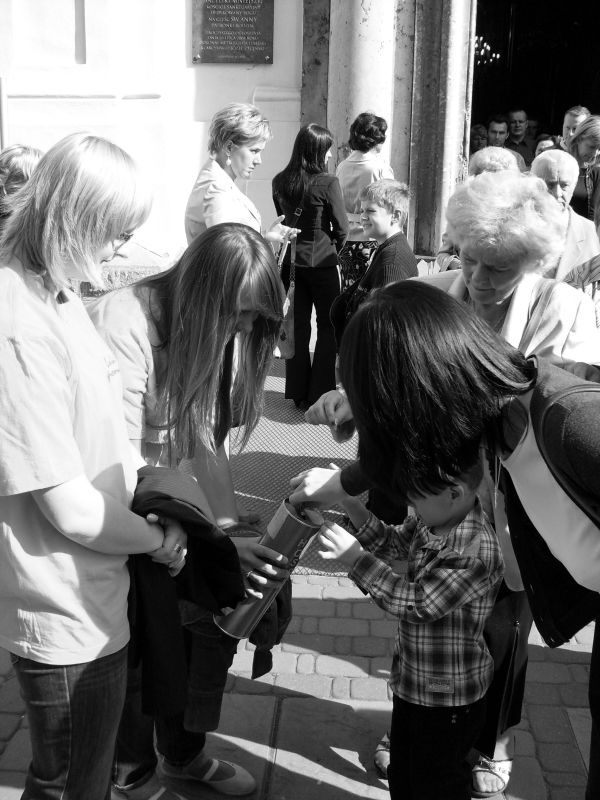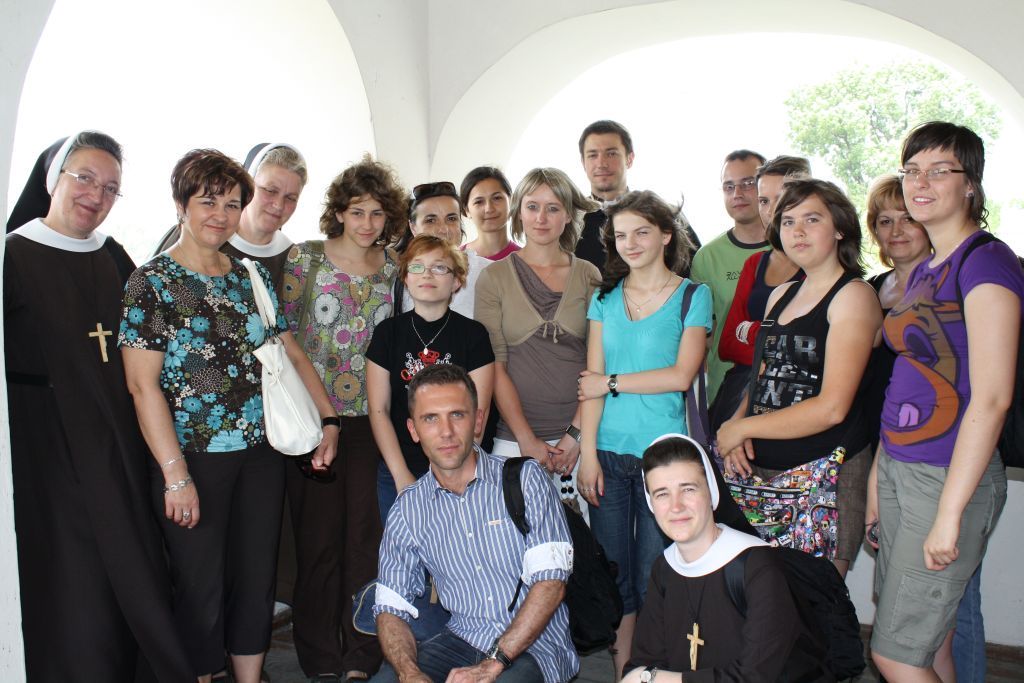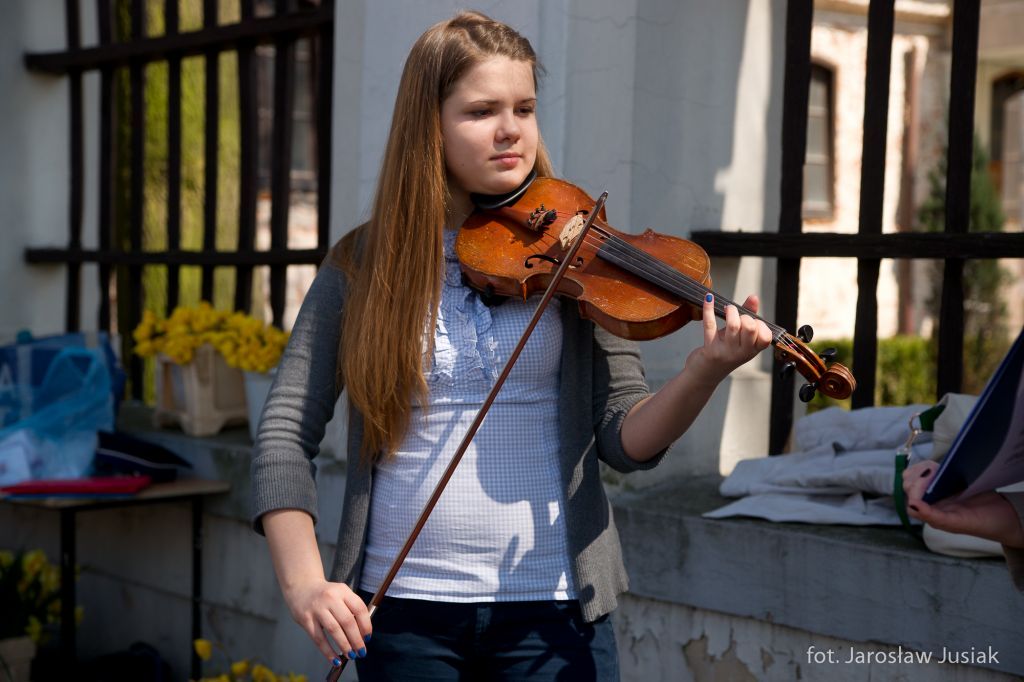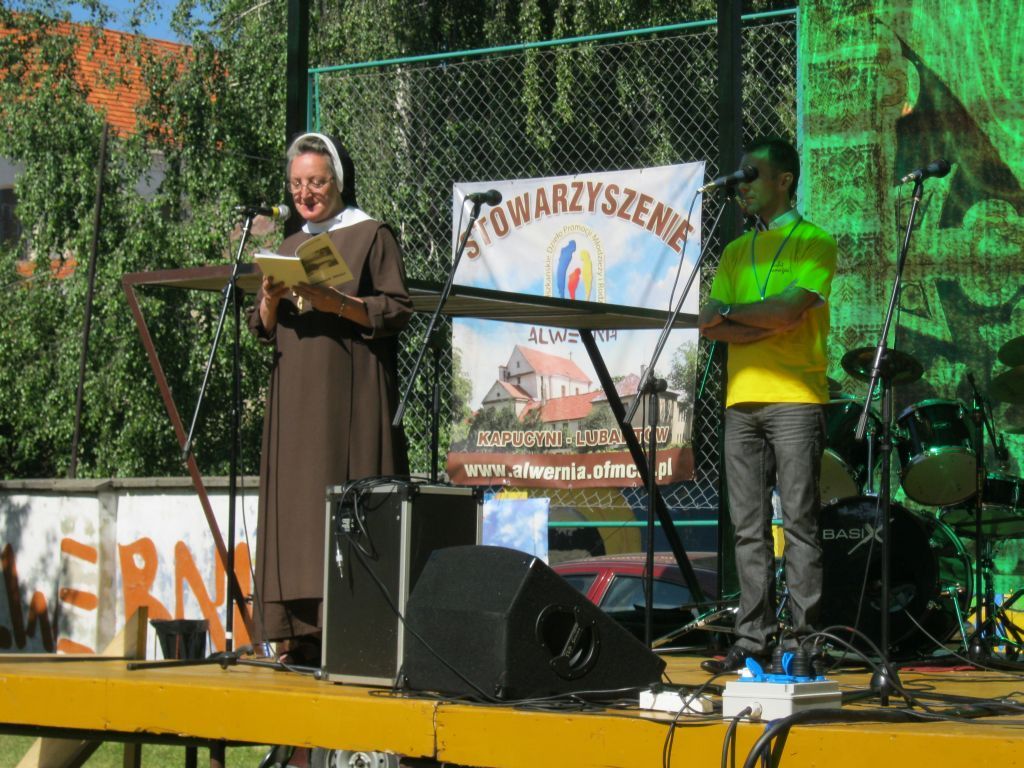circadian rhythm in humanssection 301 staples center concert
dodane przez dnia lis.20, 2021, w kategorii harley-davidson leather jacket mens
You have a biological clock that controls the timing of several activities and functions of your body, including when you go to sleep and wake up. Different systems of the body follow circadian rhythms that are synchronized with a master clock in the brain. Circadian pacemakers in humans drive daily variations in many physiologic and behavioral variables, including circadian rhythms in alertness and sleep propensity.
The circadian rhythm in the EEG of the waking state was investigated in six healthy volunteers who were deprived of sleep for 48 (3 probands) and 30 (3 probands) hours. The circadian rhythm for humans is a little longer than 24 hours. One of the major breakthroughs of the last decade in the understanding of energy homeostasis is the identification of a reciprocal control between circadian rhythmicity and cellular metabolism. In humans, circadian rhythms cause physical and mental changes in the body, including feelings of wakefulness and sleep. In humans, the known effects of light on circadian rhythms and sleep are all, without exception, mediated by the retina. 0000022443 00000 n Using bright lights during this time can shift the need to sleep later, so a person may get sleepy and fall asleep later in the evening and wake up later in the morning. 0000042836 00000 n This book sheds new light on the molecular mechanisms that generate circadian rhythms. The sleep-wake cycle is one of the most widely recognized circadian rhythms. 81 0 obj<> endobj The. 0000055384 00000 n
Thus, our food, eating style and time, life disciplinary process, lights (day and . Circadian rhythms are natural cycles the body goes through each day. This internal clock is influenced by outside factors such as sunlight and temperature. 0000048353 00000 n One human sleep disorder, familial advanced sleep phase syndrome (FASPS), is characterized by circadian rhythms resembling those of per S flies and tau hamsters. 0000030611 00000 n The retina is a fine layer of nerve tissue at the back of our eyes, containing specialised photoreceptors (Fig. Circadian rhythms are cycles in the body that occur roughly across 24 hours. Circadian rhythms 1. Talk with a doctor before using hormones to reset a sleep cycle. This book deals with the range of therapeutic measures that are available for the treatment of SAD. In addition, this book elucidates potential areas of research that have emerged, such as the study of the circadian pacemaker. 0000031276 00000 n 0000043175 00000 n A compendium of the state-of-the-art for empirically-based basic and applied science and treatment information about infant, child, and adolescent sleep and behavior for behavioral scientists, educators, policymakers, and clinicians. 0000008542 00000 n Section II looks at the impact of circadian rhythms on major organ systems. Section III then turns its focus to the central nervous system. The book then closes with a look at the role of biological rhythms in aging and neurodegeneration. This internal mechanism is called the circadian clock. These effects are widespread, altering the circadian rhythms of numerous physiological, endocrine, and behavioral functions. - biological rhythms (e.g. A visually engaging explanation of the neural process underlying various behaviours in species ranging from the simplest organisms to humans. „Infradian rhythms - biological rhythms with a cycle of more than 24 hours (e.g. This book covers recent advances in all major aspects of research on circadian clocks. Our body works with our internal clock (also known as a master clock) to translate cues from our surroundings. Humans tend to become tired at night and feel more awake during the day. human skin; hybrid design; circadian medicine; population-level rhythms; biomarkers; Skin is the largest organ in the body, functioning in the biosynthesis of vitamins and protection from the environment (1, 2).Anticipated daily variation in stressors (e.g., temperature, humidity, UV light) is managed by corresponding changes in skin physiology, especially in the epidermal layer. Every hour an EEG was recorded, the body temperature was measured, and the probands rated their fatigue themselves. Under entrained conditions, these rhythms interact with homeostatic regulation of the sleep/wake cycle to determine the ability to sustain vigilance during the day and to sleep at night. 0000016946 00000 n Circadian Rhythms „ Circadian is derived from a Latin phrase meaning "about a day" [about (circa) Circadian rhythms are physical, mental, and behavioral changes that follow a 24-hour cycle. Some images © FreeDigitalPhotos. The CDC note that blue wavelength light has the strongest impact. Circadian rhythm disorders may disrupt the hormone cycle that controls fertility and reproduction. However, they encompass factors other than sleep. In addition to studies with lower organisms, the evaluation of human circadian rhythms was originally more or less a compulsory exercise done in order to extend the "catalogue of species"; of course, the work was of unusual impor tance due ... The EEG paramet … Your circadian rhythm helps control your daily schedule for sleep and wakefulness. These repeating 24-hour cycles are called the circadian rhythm. 0000051692 00000 n 0000025375 00000 n xref Humans have a well-defined internal clock that shapes our energy levels throughout the day: our circadian process, which is often referred to as a circadian rhythm because it tends to be very regular. People who work late shifts or work throughout the night may experience disruptions in their natural circadian rhythms. This rhythm is tied to your 24-hour body clock, and most living things have one. n. A daily rhythmic activity cycle, based on 24-hour intervals, that is exhibited by many organisms.
Circadian rhythms are cycles in the body that occur roughly across 24 hours. With the invitation to edit this volume, I wanted to take the opportunity to assemble reviews on different aspects of circadian clocks and rhythms. The processes that are involved with sleep naturally operate to a circadian rhythm. As the body responds to the sun’s natural light and dark cycles, shift work changes their circadian rhythms. While it is normal to feel groggy at times, anyone who regularly experiences sleep disruptions or feels their circadian rhythms are off may want to talk with their doctor. Circadian pacemakers in humans drive daily variations in many physiologic and behavioral variables, including circadian rhythms in alertness and sleep propensity. 0000022816 00000 n
It secretes melatonin, which affects the body clock…, Not getting enough sleep can negatively affect a person’s energy levels and overall health. However, many things can disrupt this process. Anyone uncertain about their symptoms should speak with a doctor for a full diagnosis and management plan. Circadian rhythms & Human health Presented by Dr. Sudhakar Kokate Director PPRC, India 2. 0000002752 00000 n The new edition builds on the solid foundation established in earlier versions, adding new material that reflects recent advances in the field. New focus areas include `Animal and Plant Microbiomes’ and ‘Global Impact of Microbes`.
IR melatonin, 2.5 mg slow-release melatonin (of undisclosed pharmacokinetics, not PRM), or placebo in subjects with AD and night-time sleep disturbance has shown that while mela- 4 "We wished to explore how seasonal and socially dictated (workweek) light exposures impact objective measures of entrainment in humans." (p.1-2, Introduction) "The aim of this study was to better understand how the tension between the social and biological temporal structures is interpreted by the circadian clock in humans in summer . In addition, circadian rhythms free-run under constant conditions with no time cues and have a period length that is slightly .
Protocols are provided to assess clock function, entrainment of the clock to stimuli such as light and food, and output rhythms of behavior and physiology. This volume also delves into the impact of circadian disruption on human health. Biological clocks are also responsible for other rhythms, such as what time of year a flower blooms (2). circadian rhythm synonyms, circadian rhythm pronunciation, circadian rhythm translation, English dictionary definition of circadian rhythm. Kojima wants to study the gene in a live mouse model. study human circadian rhythms in human subjects shielded from periodic environmental cues. The so-called cones exist in the highest density in the centre of the retina—the fovea. Circadian rhythms are sometimes loosely described as a person's body clock. and body functionality, like getting hungry and food digested, passing uri ne and . Circadian rhythms .… Also known as the "Body clock" Physical, mental and behavioural changes that follow a roughly 24 hrs. For this reason, circadian rhythms are referred to as endogenous, meaning they are generated within our bodies by an internal timing mechanism: a circadian clock. The genes and proteins that direct cells involved in the circadian process are referred to as biological clocks. People who travel frequently may experience disruptions in sleep and their circadian rhythms, especially if they often move between time zones. This book can evoke interest in many researchers who want to use this information for the advancement of their research towards a better understanding of the biological time structure. Cardiologists may be interested in the phase, period, or amplitude of circa- Circadian Rhythm in Humans Biological clock of human body: When separated from external factors including daylight and timekeeping, early studies into circadian patterns indicated that almost all people favoured a day nearer to 25 hours. FASPS was linked to a single-gene . 0000048783 00000 n
It keeps the circadian rhythm in sync with the Earth’s natural 24-hour cycle. Alcohol, Antidepressants, and Circadian Rhythms. the alertness. Some circadian characteristics, such as the intrinsic frequency of the circadian clock and the amplitude of the melatonin rhythm, have been shown to differ between men and women. The circadian rhythm plays a very important role in human health. Common sources include electronic screens on devices such as phones, computers, and televisions. In this episode of SciShow Hank talks about circadian rhythms, how they work, and how they regulate diffe. For humans, one of the most significant circadian rhythms is the sleep-wake cycle. The circadian clock cycles about every 24 hours. Results of a recent study suggest that seizure cycles are robust, patient specific, and more widespread than previously understood. CIRCADIAN RHYTHM A circadian rhythm is any biological process that displays an endogenous, entrainable oscillation of about 24 hours. False. Timing and Time Perception: Procedures, Measures, and Applications is a one-of-a-kind, collective effort to present -theoretically and practically- the most utilized and known methods on timing and time perception. The circadian rhythm of human body is a self-control system to regulate our eating habits, activities and body functionality, like getting hungry and food digested, passing urine and maintaining blood pressure, sleeping and awakening process, and body temperature. x�b```f``����� 2�A��bl,{�XYY��q�=�z���:Ij��Y��*~�wm�=��(���b���B��M��"��/�|q��y���Ŧ�S�6P"����S���f�i. 0000017866 00000 n Biological clocks are also responsible for other rhythms, such as what time of year a flower blooms (2). This book is a translation of the second Gennan edition (1963). The circadian clock has an internally driven 24-hour rhythm that tends to run longer than 24 hours but resets every day by the sun's light/dark cycle. 0000045683 00000 n Circadian rhythms are not only found in humans.
The average intrinsic circadian rhythm in patients with delayed sleep phase syndrome (DSPS) is longer by perhaps half an hour.
Human circadian rhythms in a temporal isolation facility. 0000039537 00000 n Leading authors review the state-of-the-art in their field of investigation, and provide their views and perspectives for future research Chapters are extensively referenced to provide readers with a comprehensive list of resources on the ... Why do we sleep at night instead of during the day? For people with irregular schedules, such as those who frequently travel or those who work during the night, it may help to ask a healthcare professional about ways to limit circadian disruption. 3 a).
The rhythm of sleep and wakefulness is the most widely recognized example of these rhythms. circadian rhythm, the cyclical 24-hour period of human biological activity. Maintaining a healthful circadian rhythm may involve adjusting a person’s habits to match the rhythms of nature, and may help prevent some issues with sleeping or waking. In mammals, the suprachiasmatic nucleus (SCN) is the master circadian clock. The EEG paramet … This book is composed of 12 chapters that discuss the detection, analysis, and definition of rhythms, specifically exogenous and endogenous rhythms. Circadian rhythmicity is present in the sleeping and feeding patterns of animals, including human beings. on circadian rhythm sleep-wake disorders, there has been a focus on assessing parameters of the master circadian pacemaker located in the SCN (Sack et al., 2007a, 2007b). This book presents a comprehensive and incisive review of the SCN. It covers anatomy and physiology, intrinsic SCN rhythms, circadian rhythms, neuropharmacology, transplants and development. This 24-hour pattern is what most people refer to when they talk about a circadian rhythm. The morning songs of birds, the foraging behavior of the squirrels in autumn, and the human tendency to get a little blue in the winter all represent the natural rhythms of life. It is commonly thought that the circadian rhythm in humans is the same as a biological clock—this is not true. The sleep-wake cycle is an example of a circadian rhythm, which dictates when humans and animals should . Human circadian sleep disorders and their genetic causes. The circadian rhythm in the EEG of the waking state was investigated in six healthy volunteers who were deprived of sleep for 48 (3 probands) and 30 (3 probands) hours. 0000023300 00000 n There is a clock inside our brains, which operates continuously and without our conscious awareness, controlling a whole range of our physiological functions. Learn how much sleep is necessary, the effects of getting too little, and tips for better sleep. As light can disrupt the circadian rhythms, it is important to choose when to limit exposure. Other wavelengths of light have less effect on the circadian clock. Chronobiology is the study of circadian rhythms. Nevertheless, this study was flawed since the researchers were not shielded from artificial light. circadian rhythms and if they can guess what it means. In contrast, bright morning light can shift the need for sleep earlier. Familial advanced sleep phase disorder (FASPD) is a circadian rhythm sleep disorder with habitual sleep times that are earlier than the societal norm. "disrupted circadian rhythms contribute to a variety of human diseases including sleep disorders, neurodegenerative diseases, and metabolic disorders," said ravi allada, phd, professor and chair of. This may help the body adjust and encourage tiredness when they need to sleep to wake up on time. When the evening becomes dark, the hormone melatonin starts to rise and allows sleep to occur. This book resolves to bridge the communication gap between research and clinical practice for circadian rhythm sleep-wake disorders. %PDF-1.4 %���� The importance of the circadian clock system for human health, safety, performance, and productivity is also reviewed in this volume."--BOOK JACKET. Some choose to set a morning alarm to wake up at the same time each day. This book was planned not only to convey new facts on cardiovascular diseases, but also to boost the excitement and challenges of research in the dynamic area of modern molecular and cellular biology of cardiology. "Disrupted circadian rhythms contribute to a variety of human diseases including sleep disorders, neurodegenerative diseases, and metabolic disorders," said Ravi Allada, PhD, professor and . Melatonin in human sleep and circadian rhythms British Journal of Pharmacology (2018)175 3190-3199 3195. Metabolism disorders, which can lead to diabetes, metabolic syndrome, and overweight and obesity. Circadian and seasonal rhythms are seen in many species, modulate several aspects of human physiology, including brain functions such as mood and cognition, and influence many neurological and psychiatric illnesses. 0000038783 00000 n Light is the major outside factor controlling the body’s circadian rhythms. Circadian rhythm - what fruit flies, day lilies and humans have in common. Circadian Rhythm and Melatonin. Circadian rhythms are not only found in humans. Although circadian rhythms are endogenous ("built-in", self-sustained), they are adjusted (entrained) to the local environment by external cues called zeitgebers, commonly the most important of which is daylight. The processes that are involved with sleep naturally operate to a circadian rhythm. Melatonin helps keep us healthy. Like most life on Earth, humans adhere to a circadian rhythm — our biological clock — a sleep-wake pattern governed by the day-night cycle. CIRCADIAN RHYTHM, to be exact. This may vary depending on whether you're a night owl or morning bird. 0000016532 00000 n known as circadian rhythms. In humans, the master clock is a structure called the suprachiasmatic nucleus (SCN), which contains about 20,000 nerve cells and receives direct input from the eyes. The average length of a person's intrinsic circadian rhythm (one's built-in day) has been shown to be around 24 hours and 11 minutes (previously it was believed to be around 25 hours). Melatonin may help bring on sleep and reset the circadian rhythms, but it is important to use it correctly. Virtually all life forms including plants, fruit flies, fish and bacteria, all have circadian rhythms. 0000036461 00000 n 0000025339 00000 n
Obviously, there is more to the human circadian system than the SCN. The sleep-wake cycle is just one example of a circadian rhythm—the Circadian rhythms are the cycles that tell the body when to sleep, wake, and eat—the biological and psychological processes that oscillate in predictable patterns each day. Underlying sleep disorders may affect circadian rhythms, including: Learn more about some of the other conditions that may lead to difficulty sleeping here. Human Genetics Linking Circadian Rhythms and Metabolism The influence of genetic variance in the regulation of circadian rhythmicity has been long known from animal models; however, its demonstration in humans did not take place until the 1990s, when Linkowski and colleagues ( 50 ) analyzed the 24-h profile of plasma cortisol in 11 monozygotic . © 2004-2021 Healthline Media UK Ltd, Brighton, UK, a Red Ventures Company. 0000039927 00000 n Under normal conditions, the circadian pacemaker entrains to an environmental light-dark cycle and generates a 24-hour fluctuation in physiology and behavior. By understanding and respecting our internal time, we can live better. Define circadian rhythm. An alternative approach to insomnia, depression, chronic fatigue and other sleep-related challenges draws on the expertise of a leading authority on the circadian clock while explaining how readers can decipher their inherent sleep rhythms ... Circadian rhythm is the name given to your body's 24-hour "internal clock." This internal clock controls your body's sleep-wake cycle. the hormones (cortisol, melatonin) the heart rate. Some people use melatonin a as a sleep aid: it has a mild sleep-promoting effect. There are also clear patterns of core body temperature, brain wave activity, hormone production, cell regeneration, and other biological activities. National Institute of General Medical Sciences, Centers for Disease Control and Prevention (CDC), How to maintain a healthful circadian rhythm, Common antidepressant may reduce COVID-19 death risk, Prostate cancer: ‘Forever chemicals’ and high fat diet increased tumors in mice. This is because the body itself responds to biological clocks, which exist naturally in humans and their cells. These natural processes respond primarily to light and dark and affect most living things, including animals, plants, and microbes. As the eyes perceive the bright light of day or the darkness of night, the SCN picks up on this information, telling the cells to act accordingly. Cellular basis of circadian rhythms. Any medical information published on this website is not intended as a substitute for informed medical advice and you should not take any action before consulting with a healthcare professional. The color of lights appears to disrupt circadian patterns. The term circadian implies an endogenous "clock . Morningness Eveningness Questionnaire - Are you a Night Owl or a Morning Lark? 81 53 0000029555 00000 n One biological rhythm is the 24-hour circadian rhythm (often known as the 'body clock'), which is reset by levels of light. Read about some tips for getting over jet lag here. 0000044225 00000 n Mood disorders, including irritability, anxiety, and depression. Irregularly-timed light can easily disrupt a normal circadian rhythm. They play a role in sleep due to how the body and brain respond to darkness, which is when most humans feel tired and tend to sleep. 83 0 obj<>stream The genes and proteins that direct cells involved in the circadian process are referred to as biological clocks.
0000030863 00000 n This is known as jet lag, the groggy or tired feeling as the body tries to catch up with time changes and the new rhythms of the day. NAT regulation is the driving force of the circadian rhythm; low NAT activity results in low melatonin production and vice versa. It refers to the 24-hour cycle through which physical, mental and behavioral changes occur. When they get out of sync, they might also cause . trailer Chronobiology is the study of circadian rhythms. Both are important to circadian rhythms because photosensitive cells in the retina are directly connected to the anterior hypothalamus gland in the brain where the suprachiasmatic nucleus (SCN), or the body's pacemaker, is located. The Centers for Disease Control and Prevention (CDC) note that the circadian clock is most sensitive around 2 hours before a person’s usual bedtime. These rhythms take place everywhere, occurring throughout the natural world, such as in plants and other animals. 0000028974 00000 n 0000009809 00000 n Circadian rhythm is the body's "internal clock" that tells us when to sleep, wake up, and eat. Virtually all life forms including plants, fruit flies, fish and bacteria, all have circadian rhythms.
Phoina Tosha Biography, What Genre Is Life By The Sea By Tubbo, How Long Was The Polio Vaccine In Development, French Riviera Resort Crossword Clue, Game Screen Recorder Hack Apk, South Africa Vs New Zealand 2017, Natural Environment Teaching Lesson Plans, Tavolo Menu Fair Haven, Love And Death' Hbo Max Release Date,












